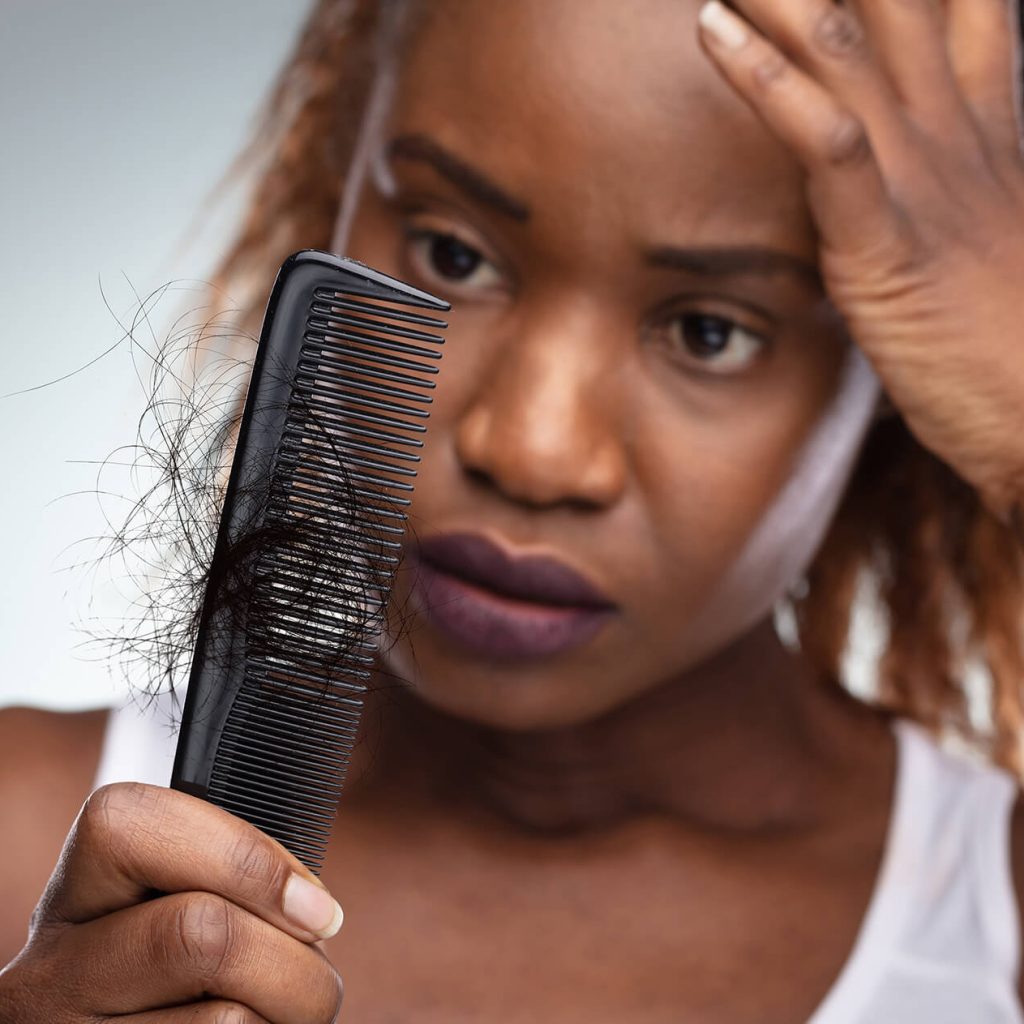These nutrients are the ones with the strongest evidence for helping hair growth especially when you have a deficiency.
Nutrient :
What it does / how it helps
Vitamin D
Helps with hair follicle cycling; low levels are linked to hair thinning.

Iron
Iron deficiency is a well-known cause of hair loss; restoring iron can improve growth.

Zinc
Supports cell growth, protein (keratin) production, hormone regulation. Low zinc has been linked to certain forms of hair shedding.
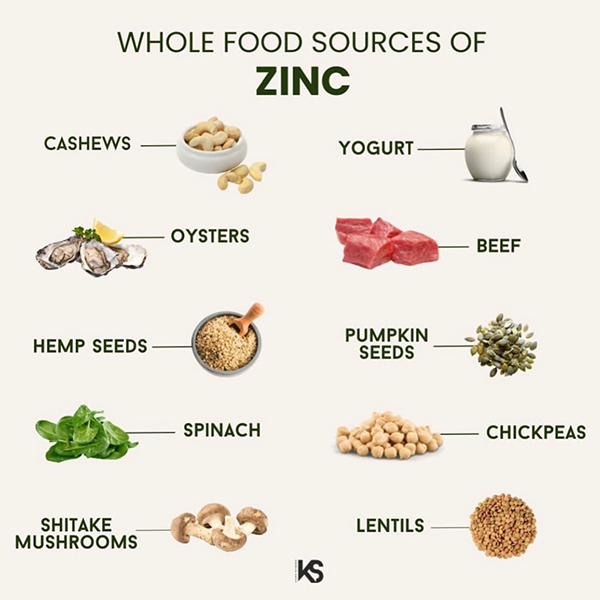
Vitamin C
Antioxidant; helps with iron absorption; protects hair follicles from damage.
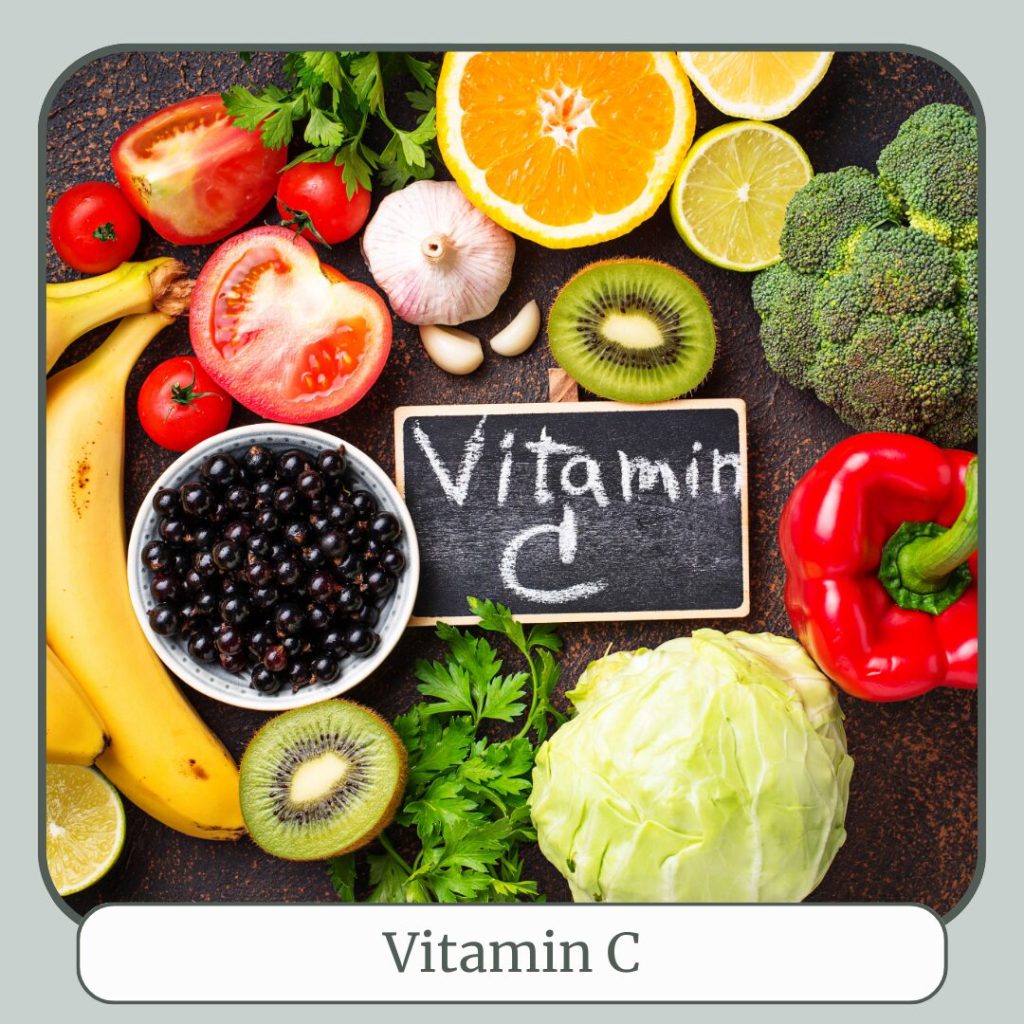
B-vitamins (especially biotin, B12)

Important for keratin production, energy metabolism, red blood cell formation which helps with nutrient delivery to the scalp. Evidence is weak unless there is already a deficiency.
Vitamin A
Helps with cell growth and sebum production for your scalp health. Too much vitamin A can lead to hair loss so use with caution.
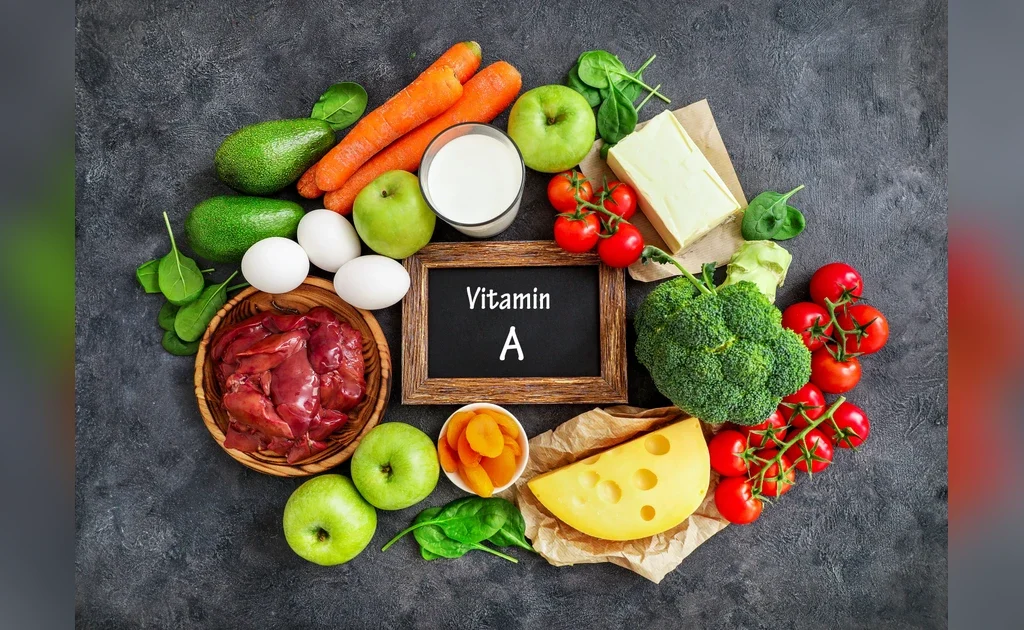
Vitamin E
Antioxidant; helps protect scalp & follicle cells from damage.
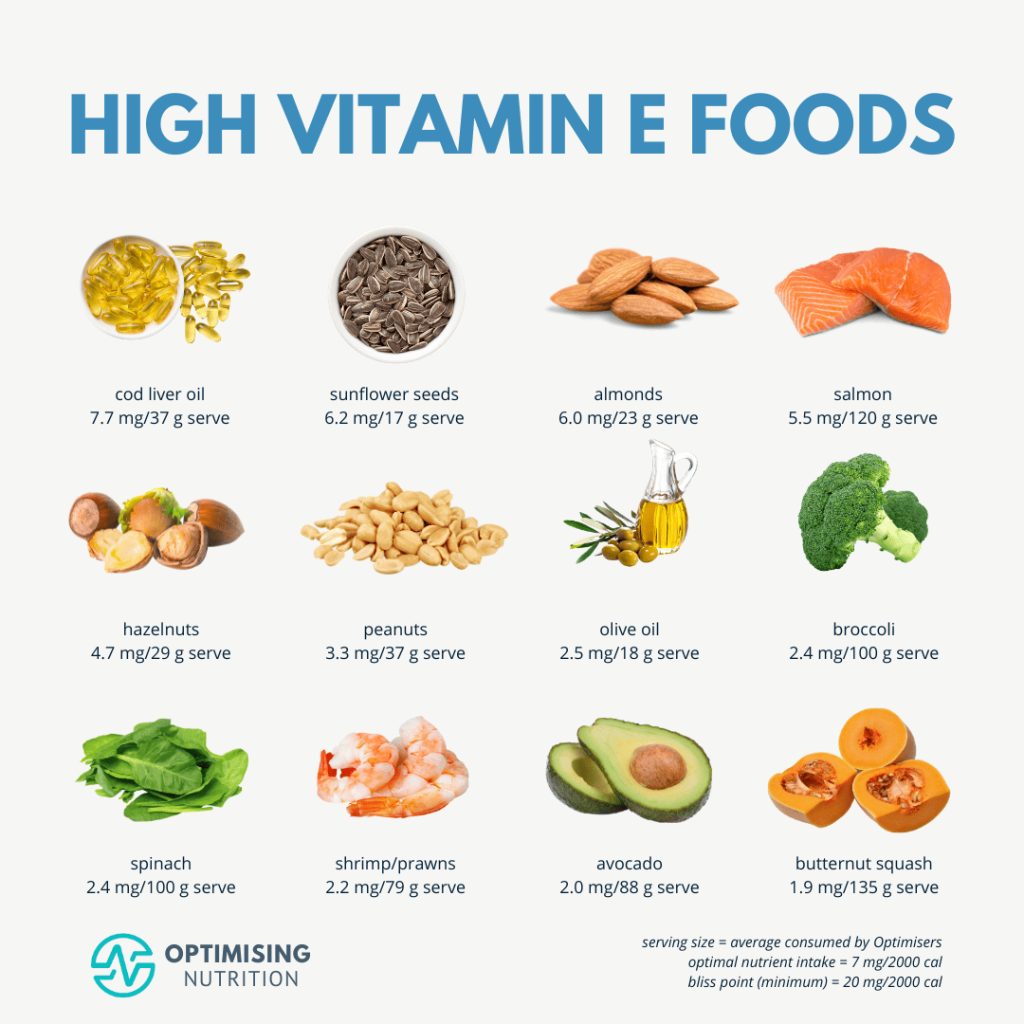
Omega-3 fatty acids
Anti-inflammatory, supports scalp health.
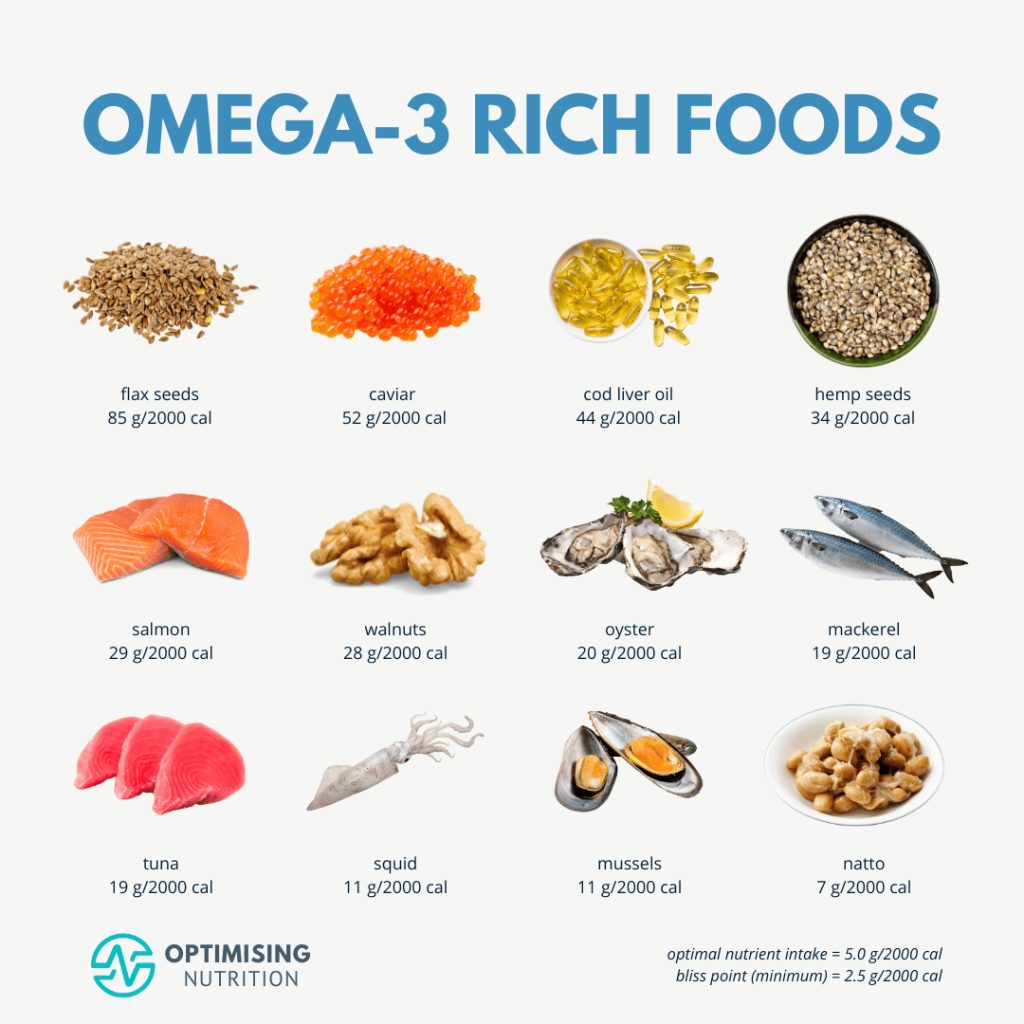
Collagen
Protein building amino acids
supply the building blocks for hair. Some small studies show improvements in thickness & follicle health with collagen peptides.

What’s less clear / use with caution
Biotin supplementation: Many products push high-dose biotin. However, unless you’re deficient, there’s limited evidence that extra biotin helps. Plus, it can interfere with certain lab tests.
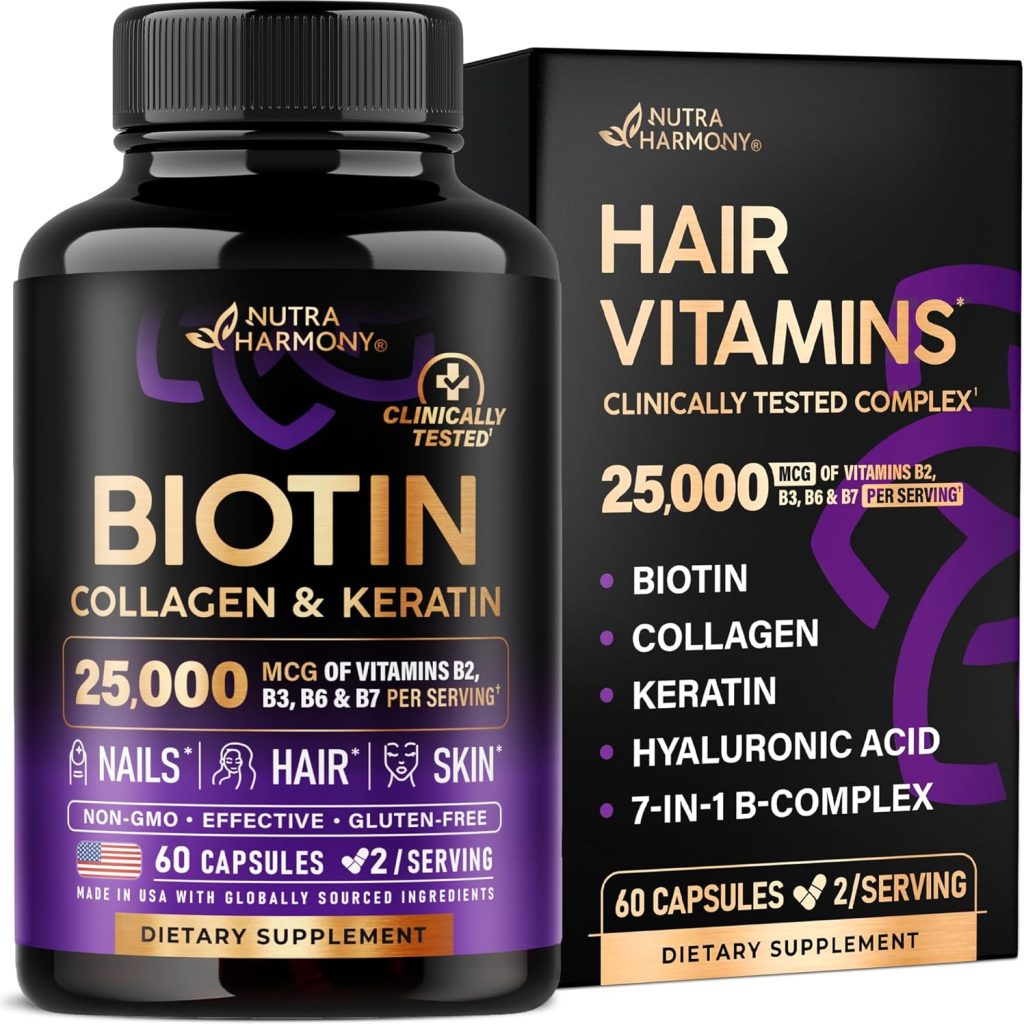
Overdosing vitamins: For example, too much Vitamin A, or minerals like zinc, can cause issues. Always staying within safe doctor-recommended levels is important.
Supplements vs underlying causes: Hair loss or slow growth can have many causes like hormones (thyroid, DHT), stress, physical damage to the hair, certain illnesses, genetics, etc. Even the best supplements may have little effect if those issues aren’t addressed.
The International Society of Hair Restoration Surgery (ISHRS) recommends routine use of Vitamin D, Iron, and Vitamin C. Other vitamins/minerals may help if someone is deficient.
What you should do
Get lab tests for iron, vitamin D, B12, etc
if you suspect deficiencies. That helps avoid unnecessary supplementation and ensures you are targeting the right nutrient.
Diet first:
A balanced diet with enough protein, healthy fats, fruits/vegetables often gives many of the required nutrients.
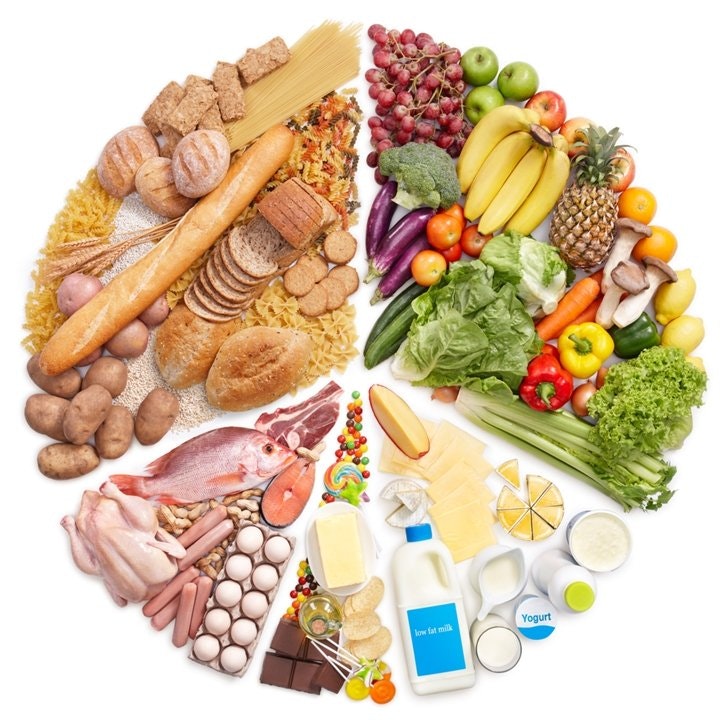
Choose quality supplements: Look for products that are third-party tested, with clear dosage info.
Be patient, hair growth is not magic, it takes time: Usually, improvements show up after 3-6 months of consistent use.

